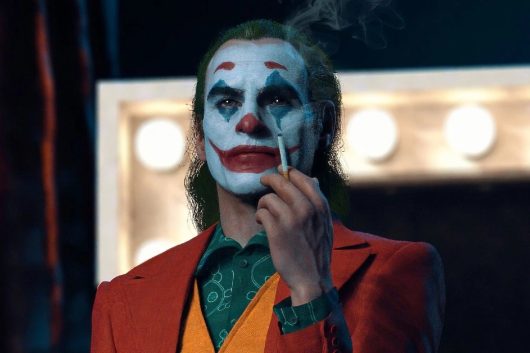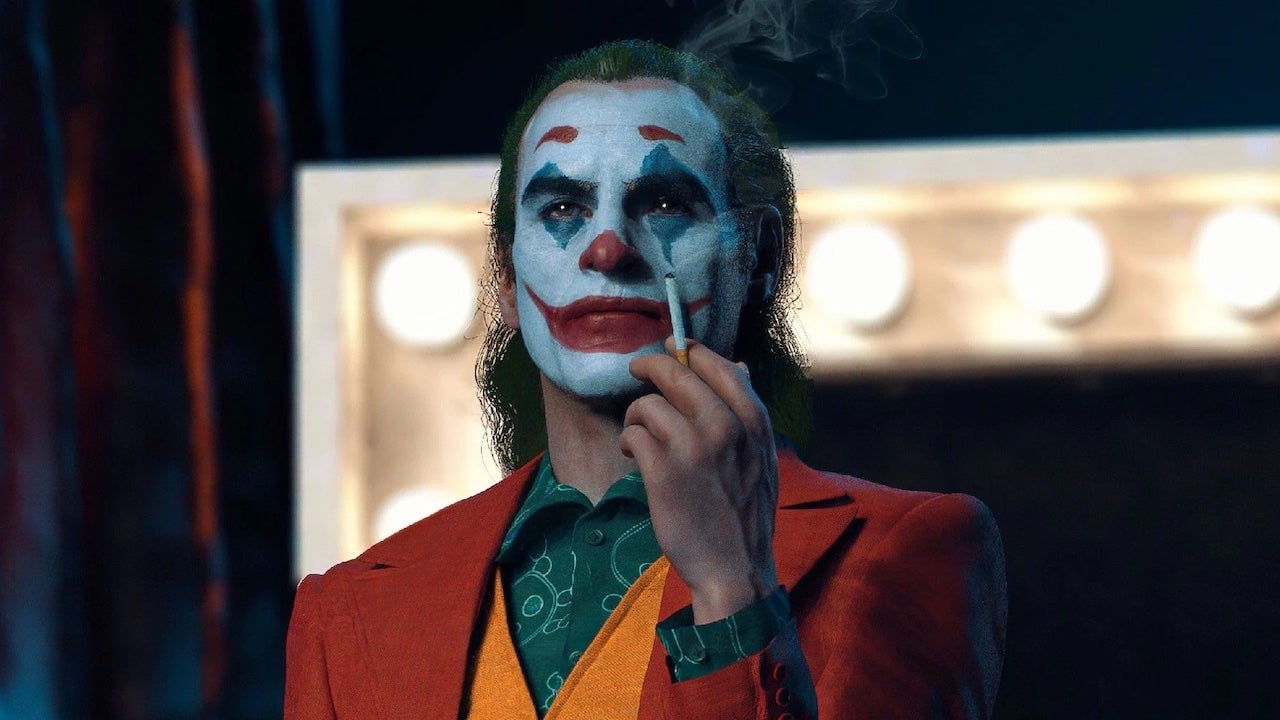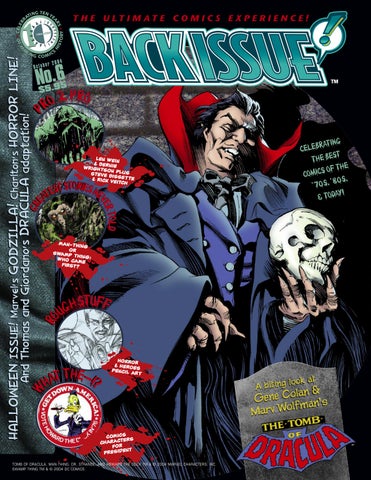


**The Joker: The Supreme Comic Book Antagonist or Saturated Figure?**
In the realm of comic book villains, few figures generate as much fascination, dread, and curiosity as the Joker. Originating in *Batman #1* in 1940, the Clown Prince of Crime has risen beyond comic book pages to secure his status as one of the most legendary foes in popular culture. With his anarchic ideology and his profoundly personal feud with Batman, the Joker has firmly established himself among the ranks of notorious villains. Yet, does his fame elevate him as the supreme comic book antagonist? Or has his prevalence weakened his significance?
### A Multi-layered and Intriguing Character
The Joker defies the archetypical villain mold. Unlike many foes motivated by tangible desires—such as power, vengeance, or greed—the Joker revels in chaos for its own sake. His erratic nature and absence of a clear agenda render him one of the most mysterious figures in comic book history. This uncertainty keeps readers and audiences perpetually pondering his genuine character, contributing complexity to his allure.
What distinguishes the Joker is his philosophical richness. Alan Moore’s *The Killing Joke* presents the Joker as a sorrowful persona who posits that “one bad day” can drive anyone towards insanity. This narrative blurs the distinctions between hero and villain, as the Joker confronts Batman’s moral inflexibility, compelling readers to wrestle with challenging inquiries regarding sanity and ethicality. Despite his abhorrent deeds, the Joker’s skewed perspective can resonate, making him a villain with whom we might almost sympathize, yet not fully.
### The Counterbalance to Batman’s Order
A formidable villain is often characterized by their connection to the hero, and the Joker serves as Batman’s perfect counterpart. The two figures are stark contrasts: Batman symbolizes order, justice, and discipline, while the Joker embodies chaos, disorder, and unrestrained madness. This contrast creates a relationship that is both engaging and intensely personal.
In contrast to other villains who merely pose a threat to Gotham City, the Joker confronts Batman on a personal and psychological front. In narratives like *Death of the Family* and *The Dark Knight Returns*, the Joker’s objective goes beyond merely defeating Batman—he aims to shatter him. By targeting Batman’s allies, loved ones, and moral foundations, the Joker forces the Dark Knight to face his vulnerabilities. This deep-rooted connection propels their conflict beyond the standard hero-villain dichotomy, rendering it one of the most significant dynamics in comic book lore.
### Beyond the Comic Book Realm: The Joker in Mainstream Culture
The Joker’s reach stretches well beyond the comic book universe. He has evolved into a cultural icon, inspiring films, video games, and even slot machines at rapid withdrawal casinos in the UK. Few villains have attained such expansive fame, and even fewer have been brought to life by such a varied lineup of talented actors.
Jack Nicholson’s performance in *Batman* (1989) infused the character with theatricality, while Heath Ledger’s Oscar-winning role in *The Dark Knight* (2008) re-established him as a disturbingly realistic force of chaos. Joaquin Phoenix’s depiction in *Joker* (2019) offered a different lens, delving into the character’s spiral into insanity and earning him an Academy Award for Best Actor. Each portrayal underscores the Joker’s adaptability and his capacity to thrive in diverse storylines and tones.
### The Joker’s Flexibility
One of the Joker’s most significant assets is his flexibility. Throughout the years, he has been represented as a violent sociopath, a darkly humorous trickster, and even a tragic antihero. This versatility allows him to stay pertinent across various generations and formats. Whether appearing as a cartoonish villain in *Batman: The Animated Series* or as a gritty anarchist in *The Dark Knight*, the Joker continues to enchant audiences while evading stagnation.
### The Argument Against the Joker as the “Supreme” Villain
Despite his numerous accolades, some contest that the Joker is not the ultimate comic book adversary. For starters, his sphere of influence is comparatively limited. While characters such as Lex Luthor and Doctor Doom pose threats to entire planets or universes, the Joker’s chaos primarily remains rooted in Gotham City and his antagonism towards Batman. His more personal ambitions, though significant, may lack the sweeping grandeur of other renowned villains.
Moreover, the Joker’s omnipresence in popular culture has resulted in claims of overexposure. With so many interpretations across films, television, and gaming platforms, certain fans believe that the character has lost some of his enigmatic charm. The relentless reimagining of the Joker runs the risk of diminishing his significance, causing him to appear less distinctive to some.
Lastly, the Joker’s extreme brutality and nihilistic ethics can render him divisive. While his chaotic philosophy is compelling, it also makes him less relatable than more nuanced antagonists like Mr. Freeze or Killmonger, who possess tragic backstories that invoke empathy. For some, the Joker’s
No Comments
To comment you need to be logged in!